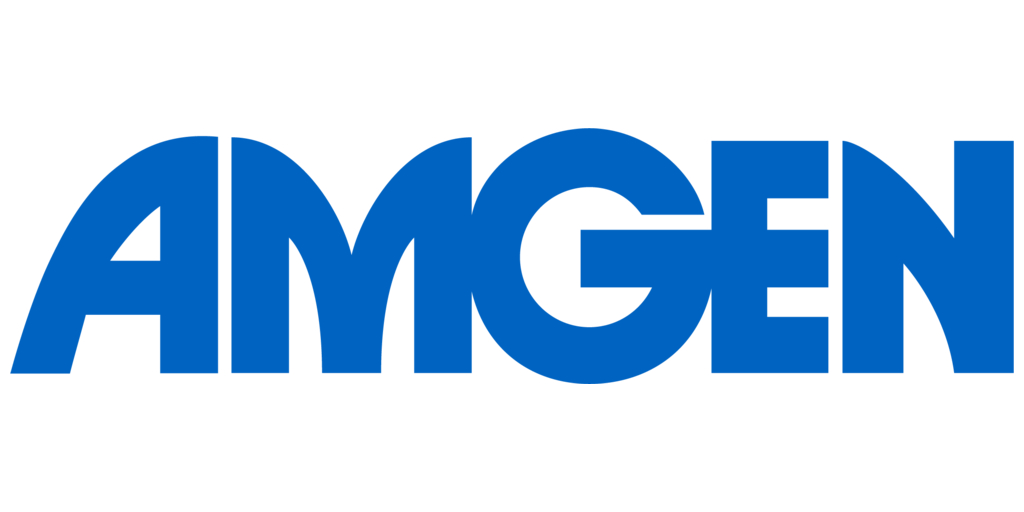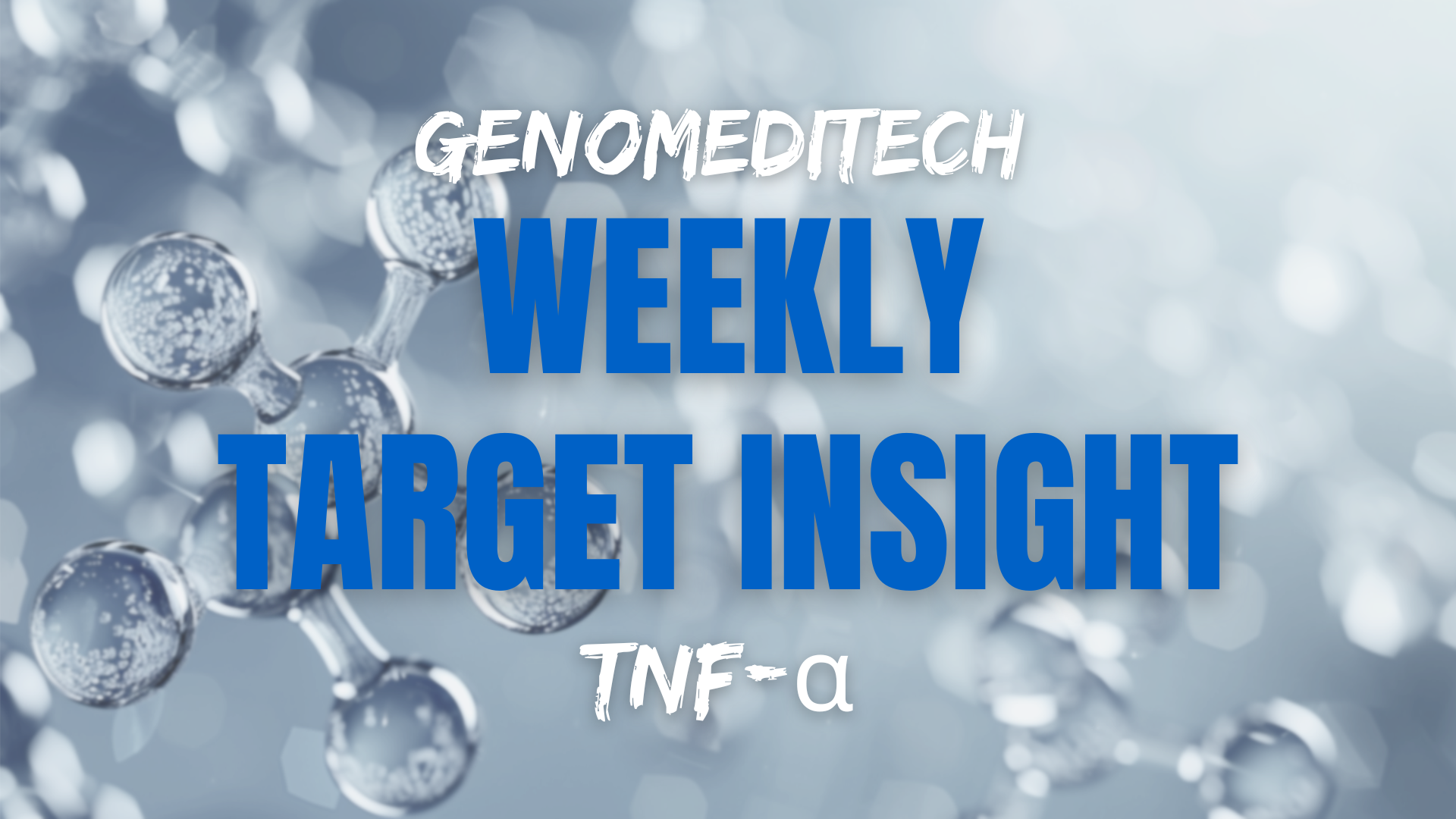January 6, 2025.Amgen announced that the UK’s Medicines and Healthcare products Regulatory Agency (MHRA) has granted a conditional marketing authorisation to IMDYLLTRA® for the treatment of adult patients with extensive-stage small cell lung cancer (ES-SCLC) with disease progression on or after at least two prior lines of therapy, including platinum-based chemotherapy.

Small cell lung cancer (SCLC) is an aggressive lung cancer subtype that accounts for approximately 15% of lung cancers.3 ES-SCLC is characterised by rapid tumour growth and metastatic spread. Patients with SCLC are often diagnosed after the cancer has reached an advanced stage because symptoms do not typically appear early in the disease.
“The MHRA’s granting of a conditional marketing authorisation for tarlatamab is a significant step forward for people living with small cell lung cancer. More than 34,000 people die from lung cancer in the UK each year. There is a vital need for novel treatments, particularly for the extensive stage of small cell lung cancer, where outcomes are especially poor,” said Tony Patrikios, Executive Medical Director, Amgen UK & Ireland. “This licence brings us one step closer to offering a new treatment option to eligible patients.”
The conditional marketing authorisation is based on results from the Phase 2 open label, multicentre study DeLLphi-301, which evaluated tarlatamab in patients with ES-SCLC who had failed two or more prior lines of treatment.Results from the study found that tarlatamab at the 10 mg every two weeks (Q2W) dose (N=99) demonstrated an objective response rate (ORR) of 41% (95% Confidence Interval [CI]: 32 to 52) and a median duration of response (DoR) of 9.7 months (range: 5.9, not estimable [NE]).
“Extensive-stage small cell lung cancer is an extremely difficult cancer to treat. While initial response rates to current treatment of chemotherapy, with the addition of radio- and immunotherapy, are high, duration of response is often short. Subsequent current treatments have had low success rates,” said Alastair Greystoke, MBChB, MSc, PhD, FRCP, Professor of Precision Oncology and Honorary Consultant Medical Oncologist, Newcastle University & Newcastle upon Tyne Hospitals NHS Foundation Trust, Newcastle, UK.
IMDYLLTRA (tarlatamab) is a bispecific DLL3-directed CD3 T-cell engager that binds to DLL3 expressed on the surface of tumour cells and CD3 expressed on the surface of T cells. The bispecific binding of tarlatamab to T cells and DLL3-positive tumour cells triggers T-cell activation, production of inflammatory cytokines, release of cytotoxic proteins, which results in redirected lysis of tumour cells. Learn more about our DLL3 catalog.
The most common side effects reported with tarlatamab were cytokine release syndrome (53.8%), pyrexia (36.9%), dysgeusia (30.0%), decreased appetite (29.4%), constipation (27.5%), fatigue (26.9%), anaemia (25.0%) and asthenia (21.9%). Other very common side effects include nausea, hyponatraemia and dyspnoea.
IMDYLLTRA® has been granted a conditional marketing authorisation by the MHRA. This means that further evidence on this medicinal product is awaited.














